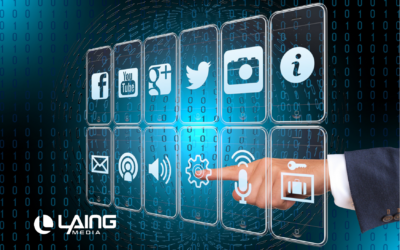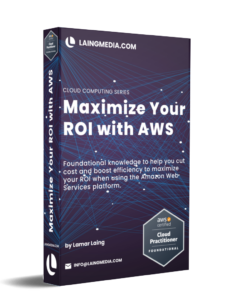In recent years, the healthcare industry has witnessed a remarkable transformation, thanks to the integration of artificial intelligence (AI) into various aspects of medical practice. Among the most promising applications of AI in healthcare is its role in diagnostics.
AI-driven imaging analysis and patient data processing are revolutionizing how healthcare professionals make diagnoses, enhancing accuracy and expediting treatment decisions. Here is a deeper look into the potential of AI in healthcare diagnostics and how it is shaping the future of medicine.
The Diagnostic Dilemma
Accurate and timely diagnosis lies at the heart of effective healthcare. However, healthcare providers often grapple with several challenges, including the sheer volume of medical data, the need for rapid decision-making, and the potential for human error. These challenges can lead to delayed diagnoses, misinterpretation of medical images, and suboptimal treatment plans. Here’s where AI steps in as a game-changer.
AI in Imaging Analysis
One of the most notable applications of AI in healthcare diagnostics is in medical imaging. AI algorithms, particularly deep learning models, can analyze medical images such as X-rays, CT scans, MRIs, and ultrasounds with extraordinary precision. These algorithms can identify patterns, anomalies, and potential areas of concern that might go unnoticed by the human eye.
For instance, AI can aid radiologists in detecting early signs of diseases like cancer, often at a stage when intervention is most effective. This not only enhances patient outcomes but also reduces the chances of misdiagnosis.
Faster Diagnoses and Treatment
AI doesn’t just improve accuracy; it also accelerates the diagnostic process. What used to take hours or even days for a diagnosis can now be achieved in a matter of minutes. This speed is particularly critical in emergencies and conditions where time plays a crucial role in patient survival.
Consider the case of stroke. AI-powered algorithms can swiftly analyze brain scans to determine whether a patient is experiencing a stroke and its type. This rapid assessment allows healthcare providers to administer life-saving treatments promptly.
Personalized Medicine
Artificial intelligence’s ability to process vast amounts of patient data extends beyond imaging. Machine learning algorithms can analyze electronic health records (EHRs) and genomic data to tailor treatments to an individual’s unique genetic makeup and medical history. This concept, known as personalized medicine, ensures that patients receive treatments that are not only effective but also minimize adverse effects.

Artificial Intelligence in Telemedicine
The rise of telemedicine has been further accelerated by AI. While many started taking advantage of this technology during the COVID-19 pandemic, the practice of telemedicine continues to rise post-pandemic. Virtual healthcare consultations often involve AI-driven chatbots and virtual assistants that can collect patient information, assist with triage, and even provide initial diagnoses. This not only improves access to healthcare but also relieves the burden on overworked healthcare professionals.
Ethical Considerations
While artificial intelligence offers tremendous promise, it also raises ethical considerations. Patient privacy, data security, and the potential for biases in AI algorithms are important issues that need careful attention. Healthcare organizations must implement robust safeguards to protect patient information and ensure that AI algorithms are fair and unbiased.
Changing the Healthcare Industry
The integration of AI in healthcare diagnostics is revolutionizing the field of medicine. AI-driven imaging analysis and patient data processing are enhancing accuracy, speeding up treatment decisions, and opening the door to personalized medicine.
As we embrace this technology, it’s important to strike a balance between innovation and ethical considerations to ensure that AI continues to benefit both patients and healthcare providers. The future of healthcare is bright, and AI is at the forefront of this transformation, bringing hope and improved outcomes to countless lives.
Want to learn more about how to integrate AI into your practice? Reach out to one of our Laing Media AI experts for a free consultation www.laingmedia.com.
4 Effective Ways to Build Your Web Copy Into a Winning Marketing Strategy
When it comes to digital marketing, businesses no longer have the luxury of throwing their products out into the world and hoping for the best. For your brand to succeed in today’s digital landscape, you must have a strategic marketing plan from the very beginning....
Master the Art of Whitespace: How to Use Whitespace on Your Website
The use of whitespace is an art. It requires you to be able to see your content through the lens of layout design instead of through the lens of coding. Once you become a master of whitespace, you will start seeing patterns in your layouts and you’ll be able to create...
How to Measure Success with Digital Marketing: 3 Key Metrics You Shouldn’t Ignore
Digital marketing is a powerful tool that can help you generate leads and increase conversions. However, there's more to digital marketing than just setting up Google AdWords and Facebook Ads. There are a number of metrics that you need to track to measure your...
Talk to an expert.
For more information on holiday season content and Laing Media’s digital marketing services.






